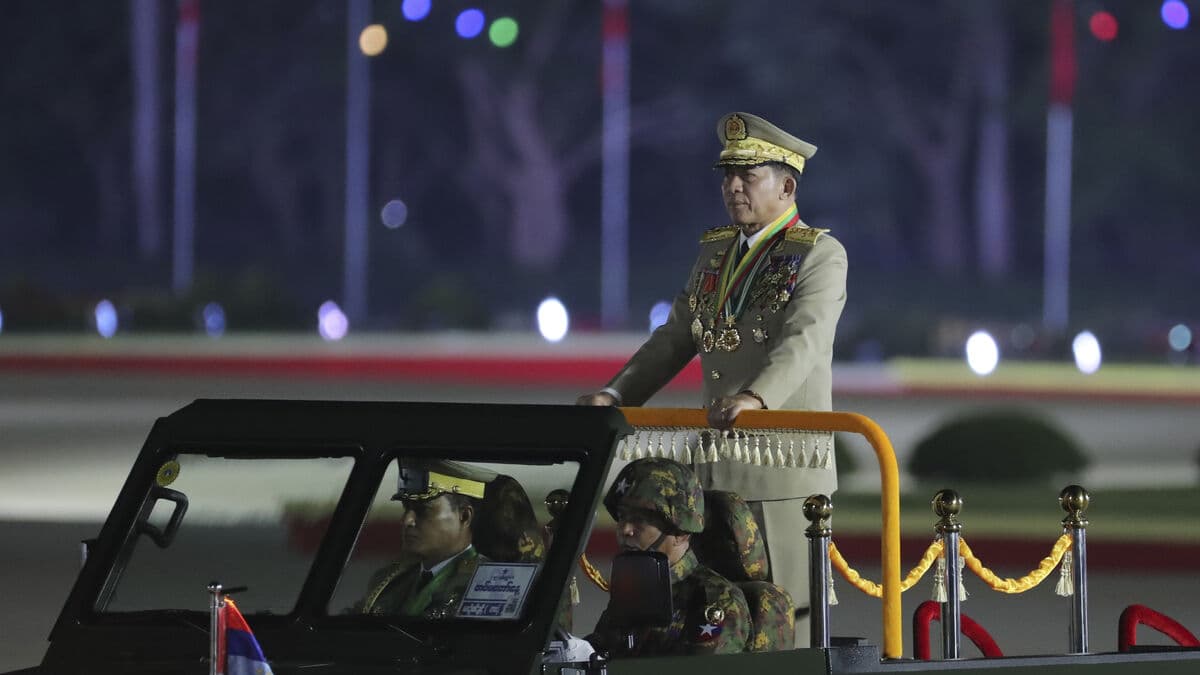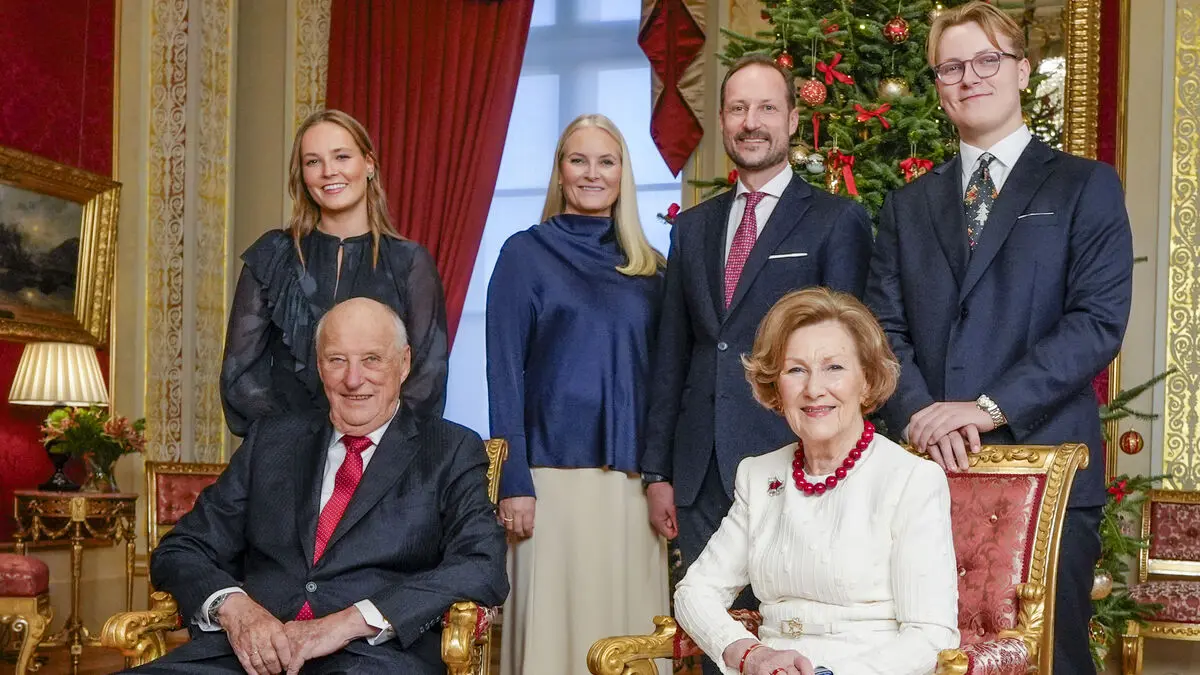The military junta in Myanmar is trying to suppress all opposition and is waging war against a number of resistance militias in the country. It has displaced hundreds of thousands, is accused of genocide and human rights abuses, and has killed civilians in indiscriminate air bombings.
But despite the reinstatement of a military dictatorship and the recent fierce civil war, money has continued to flow into the junta regime, as the anonymous activist group Justice for Myanmar has shown in various revelations since 2019.
The group is one of the recipients of this year's "alternative Nobel Prize", the Right Livelihood Award.
Flagged Swedish weapons
Their investigations have revealed arms deals, offshore assets, and the business community's involvement in atrocities, and their campaigns have pressured international companies and governments to cut ties with the junta," reads the Right Livelihood motivation, among other things.
Many neighboring countries, not least China and India, have continued to do business with Myanmar's military. European weapons - including Swedish Carl-Gustaf rocket launchers - have repeatedly appeared in the hands of Myanmar soldiers despite the existing embargo. The junta's repression apparatus uses surveillance technology from Swedish MSAB.
The activists' revelations have led, among others, oil giant Chevron, Japanese beverage giant Kirin, and aircraft giant Airbus to withdraw from connections with Myanmar.
Planning to hold elections
In December, the military regime plans to stage an election, in the midst of war and without real opposition. The award-winning activist group wants to maintain pressure on companies and governments that continue to favor the junta.
Justice for Myanmar announces that the prize belongs to "the countless people in Myanmar who have lost their lives when they opposed the junta's brutality and defended democracy", as well as all those who continue to resist.
The prize was established in 1980 by the Swedish-German former EU parliamentarian Jakob von Uexküll, and is awarded to people and organizations that the jury considers courageous, have visions, and set a good example to solve the causes of the world's problems.
Four prizes are awarded each year without any special categories. The selected recipients receive one million kronor each.
Since 1980, 203 people or organizations from 81 different countries have received awards. Among them are Swedish environmental activist Greta Thunberg, American whistleblower Edward Snowden, Congolese doctor Denis Mukwege (who later received the Nobel Peace Prize) and Swedish author Astrid Lindgren.
The 2025 award winners:
The climate group Pacific Islands Students Fighting Climate Change from the Pacific Islands, together with activist Julian Aguon from Guam.
The investigative activist group Justice for Myanmar.
Taiwanese democracy activist Audrey Tang.
Aid organization Emergency Response Rooms operating in war-torn Sudan.
Advertisement
Myanmar (formerly Burma) has been marked by military rule, minority groups' resistance, and a struggle for democracy ever since the country became independent from the United Kingdom in 1948.
Civil war broke out again in February 2021, when the powerful military (Tatmadaw) regained all power in the country in a coup. Many who had been elected in the country's first democratic elections were imprisoned, as was opposition leader and Nobel Peace Prize laureate Aung San Suu Kyi.
Parts of the democratic movement took up arms against the military and formed the People's Defense Force. Side by side with them stand many regional rebel groups that have their origins in the country's different minority groups and are seeking more federalism or independence.
In the fall of 2016, the military entered Rakhine and subjected the Muslim minority group Rohingya to large-scale abuses. Hundreds of thousands of people fled the country. The military is accused of genocide, war crimes, and crimes against humanity.






